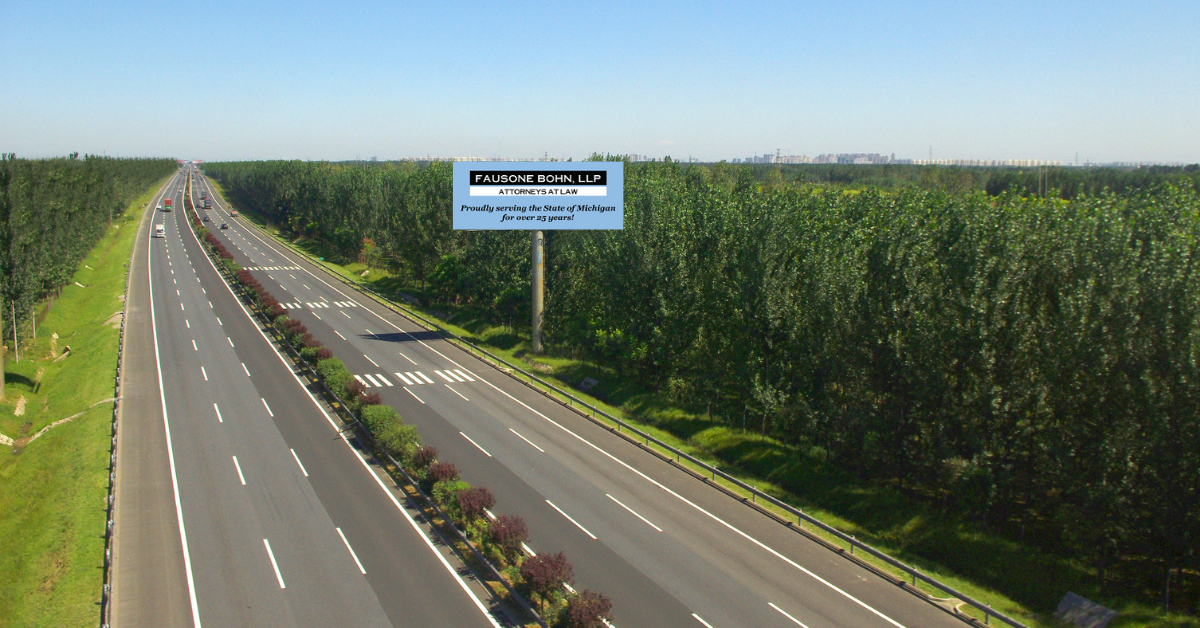
Regulating On-/Off-Premises Signs in the Wake of Thomas v. Bright
Many municipalities are aware of the case Reed v. Town of Gilbert from 2015. This case had a monumental impact on how cities are allowed to regulate signs across the country and leaves many cities with the task of overhauling their sign codes.
If your city hasn’t amended its sign code since 2015, chances are it’s unconstitutional, and here’s why.
Reed v. Town of Gilbert
The case of Reed v. Town of Gilbert involved a pastor of a church that rented an elementary school in Gilbert, AZ, placing signs in the area notifying people of the church services. Gilbert’s sign code restricted the size, number, duration, and location of certain types of signs, including temporary directional ones.
The town notified the pastor that the sign violated its code for being more than 6 square feet and displaying it longer than allowed after or before the event. The pastor challenged the city on First Amendment grounds, and the Supreme Court agreed that the sign code was unconstitutional. The Court determined that the sign code was unconstitutionally content-based, instead of content-neutral, because it treated signs differently based upon the content of the sign. This garnered strict scrutiny review.
The city restricted the sign based on “the communicative content” of the sign, which was patently unconstitutional Justice Thomas said, and was not justified by aesthetic and traffic safety considerations.
Interestingly, Reed v. Town of Gilbert left open the possibility of cities distinguishing between “off-premises” signs and “on-premises” signs and regulating them differently. A common example of an off-premises sign is a billboard next to a highway, as opposed to a sign located on a business establishment. However, this was recently shot down in the Sixth Circuit.
Thomas v. Bright
In Thomas v. Bright, a case out of the Sixth Circuit Court of Appeals from 2019, which has jurisdiction over Michigan, the Court reviewed the Tennessee Billboard Act, which required a permit with the Tennessee Department of Transportation for a billboard along a Tennessee roadway.
The Act was being challenged by a Tennessee property owner that owned a vacant property with a highway sign that applied for an exception to the Act that allowed “on-premises” signs, which were typically advertising activities, services, etc. located on that property, and was denied.
After being denied, he challenged the Act on First Amendment grounds. The Sixth Circuit determined that the Act was unconstitutional because the “on-premises” exception was unconstitutionally content-based since, in order to determine whether the “on-premises” exception applied, you would need to review the “communicative content” of the sign.
What’s the Bottom Line?
Michigan is located within the Sixth Circuit, which has closely adhered to Reed v. Town of Gilbert, but does not allow for municipalities to distinguish between “on-premises” signs and “off-premises” signs and regulate them differently based upon Thomas v. Bright.
What are Best Practices Moving Forward?
Municipalities will need to review their sign codes to remove any content-based regulations. An easy way to determine whether it is content-based or not is to ask yourself: Do I need to read the sign’s contents to be able to regulate it?
A city can still regulate along the lines of reasonable time, place, and manner restrictions. These could include durational restrictions, zoning restrictions, height, size, and color restrictions, and other similar restrictions.
For example, a best practices strategy might be to regulate based upon “temporary signs” and “permanent signs” instead of by categories like “political signs, garage sale signs, etc.”
Can I Regulate Profane Language and Obscenities?
No, and yes. Profane language was not addressed in Reed v. Town of Gilbert and a sign cannot be removed strictly for language, as that would be a content-neutral restriction. However, obscenity is not and never has been protected by the First Amendment.
If you are a municipality that has not made any changes to your sign code since 2015, Fausone & Grysko, PLC would be happy to offer a free consultation to you. Call us today at (248) 380-0000.
